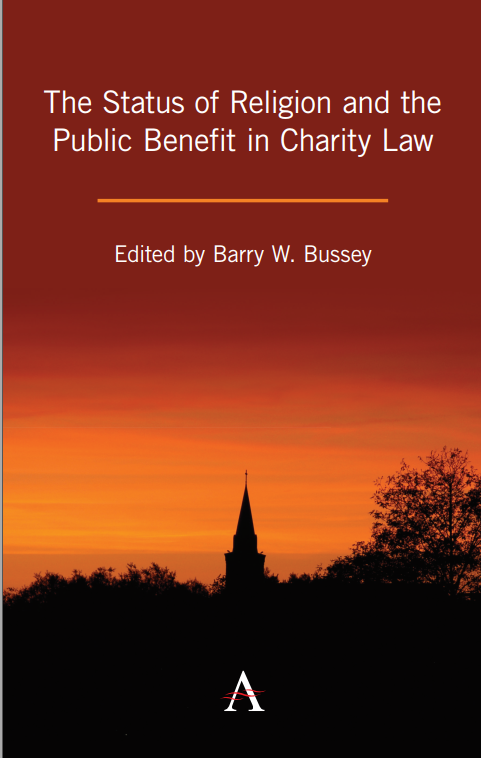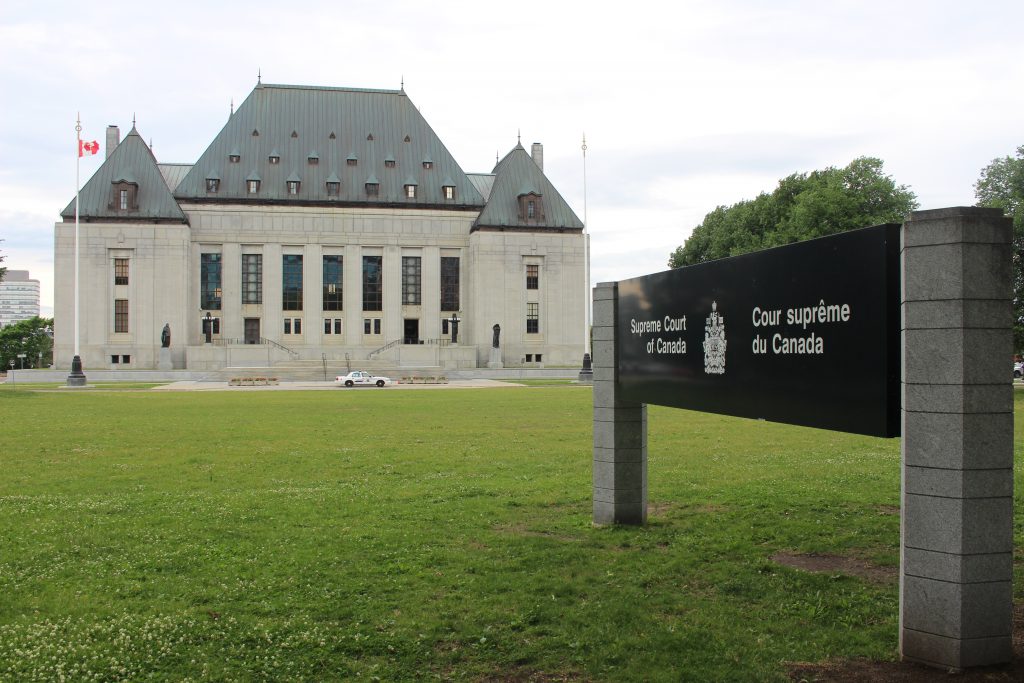Two years ago, on June 15, 2018, the Supreme Court of Canada (SCC) handed us their two decisions in the case of Trinity Western University’s (TWU) quest for a law school.
At stake was the question of whether or not Canadian diversity had room to allow a private, religious institution to operate in accordance with its faith. The answer, according to the SCC, was “not really”: despite Charter protections, exemptions in human rights legislation, and a 2001 decision on very similar facts, TWU could be denied accreditation of its law school if it insisted on its right to determine who could or could not attend based upon the willingness of potential student to abide by the religious practices of the university. The controversy largely revolved around TWU’s Community Covenant Agreement. Prior to 2018, all students, faculty, and staff were required to abide by its terms if they were to be a part of the TWU community.
That was the consensus from the 2001 SCC decision, when Canada’s highest court supported TWU’s quest for accreditation of its education degree. But from 2001 to 2018, the political landscape had changed such that the SCC felt it could no longer support its own ruling. It appears that the SCC was embarrassed by its former decision of requiring the accrediting agency to approve TWU’s education degree – at least, that is how I interpret the majority decision’s failure to mention it.
I have written my fair share on this law school case that you may peruse at your leisure. Suffice it to say that I am of the view that these June 15, 2018 decisions mark a defining moment in the history of religious freedom in Canada. Given the court’s deference to administrative decision makers, we are now faced with a real possibility of government actors removing authorization for religious organizations, including registered charities, to operate based on their religious beliefs and practices.
In the academic world there has developed a growing opinion that religious freedom is no longer a necessary or relevant protection. Some even see religious freedom as “a license to discriminate.” They argue that religious institutions use the term as an excuse to deny employment and services to sexual minorities. Indeed, they suggest that governments should not provide any “approval” of such “discriminatory” religious groups. So, as the argument goes, the government should not give regulatory approval to allow religious institutions to operate; nor should they be given registered charitable status. Even human rights protections for religious communities are coming under attack. Two law professors argue, “Exemptions under human rights law, and their application in contexts of employment at religious schools … are due for a rethink.”
The full impact of these TWU law school decisions is yet to unfold. But, already, we are beginning to see the effects. One illustration may be found in the government’s reluctance to give Canada Summer Jobs grants to churches, summer camps, or other religious charities which are perceived as “discriminatory”.
Given the academic and political context, it became exceedingly evident that something had to be done to explain the vital role that religious charities play in our society and the importance of allowing for diverse streams of thought and experiences. As a result of those June 15, 2018 decisions, I worked with a number of scholars in the UK, Australia, New Zealand and Canada to write on the significance of religious charities and the challenges we now face. The result is a scholarly yet engaging book that defends the public benefit of the charitable category “advancement of religion”. In the process, the book deals not only with legal cases but also with sociological and philosophical questions on the very nature and role of religion in contemporary society.
I am happy to report that just a few months ago, The Status of Religion and the Public Benefit in Charity Law was published by Anthem Press.

Here is what several scholars in the field of law and religion had to say about the volume:
“This is a fascinating and provocative collection of papers about why advancement of religion should remain a category of public benefit for charity law purposes. At a broader level, it is about the contribution that all religions – even those one disagrees with – make within a society. An important book” (Dwight Newman, QC)
“This volume brings together insightful contributions on the promotion of civic good by and through religion. It is required reading in an era where the secular-minded state increasingly threatens the flourishing of freedom of religion” (Mark Hill, QC)
You may order your copy here.



Congratulations on the new book Barry! This is an important discussion on an area of our liberties and freedoms that has been eroded as you say, and will be taken away completely if we don’t speak out. For the majority of us Canadians (the silent majority) who are reticent to be motivated to voice their concerns over this and many other freedoms that are being challenged, there is now no choice but to become vocal about these issues before it’s too late.
Thanks David.
Is the price correct? $172.22 on Amazon.
Hi Jim – Yes that is for the hardcover. The paperback version sells for $55.21 on Amazon